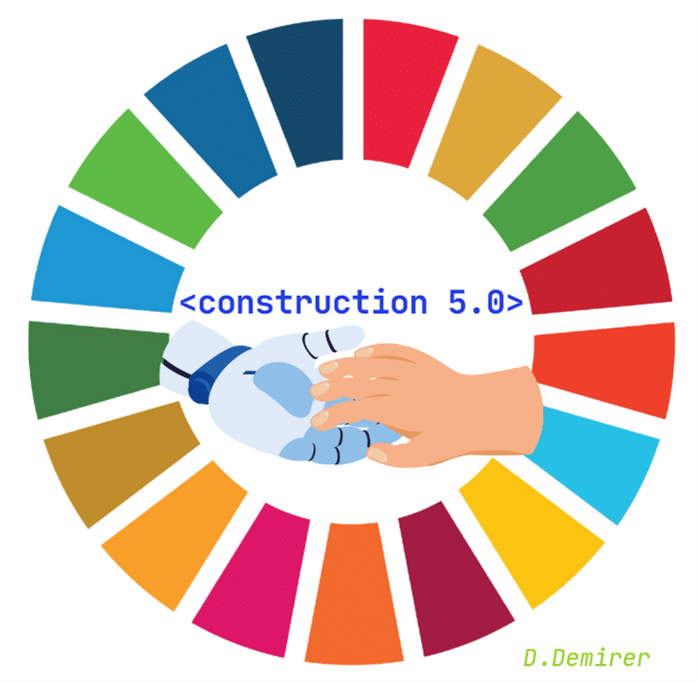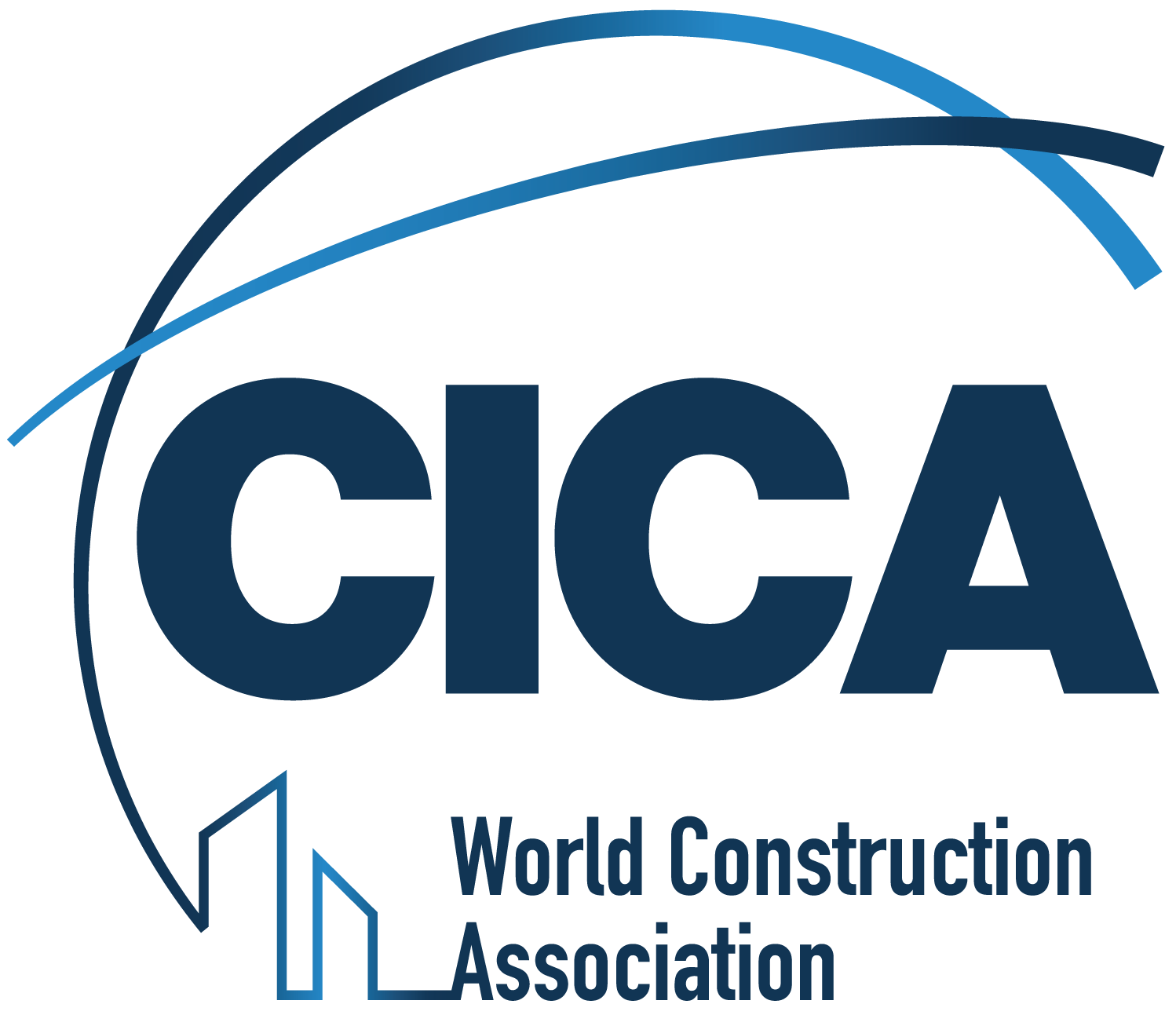The Broad Reach of Real Estate Projects
Have you ever considered the true scope of your business’ impact? The reach of a real estate project extends far beyond its immediate objectives, touching the lives of many individuals and families. When we reflect on the full field of influence, we see that the impact encompasses:
- The building’s users, facility managers, and maintenance service providers
- Neighbors and passersby in the vicinity
- Marketers and people contacted during marketing efforts
- Official institutions
- Contractors, subcontractors, and suppliers involved in construction
- Designers and consultants
- The project management team throughout all phases
- Families, spouses, and friends of everyone directly involved
Each construction project has a direct effect on a significant number of people. When all projects are considered collectively, the societal impact becomes substantial. For now, let’s consider our businesses from a higher-level perspective, especially in these challenging times.
Navigating Crisis and Embracing Change
Today, we face numerous challenges—wars, natural disasters, financial crises, and social upheavals—all of which erode our peace of mind. The uncertainty alone is a source of stress, and the accumulation of multiple crises increases the burden on individuals. Even before these difficulties, the construction sector was already under economic strain with bankruptcies and restructurings occurring more frequently.
At this crossroads, businesses have two choices: continue as they have or choose to change. As Jim Collins describes in his inspiring book « Good to Great » many legendary companies have faced near collapse only to recover by changing their mindset. If we reach a point of profound difficulty, we too can use it as an opportunity to be reborn and leap forward.
Seeing the Bigger Picture in Business
Returning to the scope of our impact and the forces that shape us, it is clear that no business operates in isolation. Our sector often laments talent shortages, a lack of qualified workers, low motivation, brain drain to other industries, and insufficient technological progress. However, it is essential to see beyond these challenges and recognize the broader context. In tough times, companies can either contract and focus solely on survival or seek to serve a greater purpose by initiating positive change within their spheres of influence.
The Role of Sociology and Business in Societal Health
The discipline of sociology was born from the societal disruptions of the Industrial Revolution and is concerned with improving the health of society. Early sociologists asked how society could achieve better health. After the upheavals caused by shifts in wealth and power during the 19th century, some balance was restored in the aftermath of world wars and political changes. Today, a new imbalance, driven by the digital revolution and resulting power shifts, presents social and economic challenges worldwide.
As business owners, we cannot separate our organizations from our employees or the broader society, nor can we focus solely on short-term profits. Our workers and partners are integral parts of the social fabric. To build healthy teams and sustain markets, investing in the well-being of society is essential. Just as yeast works through dough, goodwill must be spread throughout our organizations and communities.
Ethics, Culture, and Business Growth
Economic crises and uncertainties often give rise to social crises. Many lament the perceived decline of ethics and the decay of society. Yet, if every business takes responsibility for its own environment, meaningful improvement is possible, which ultimately benefits business growth. The encouraging news for profit-oriented companies is that, despite broader social challenges, people still value being part of something good. Genuinely prioritizing ethics attracts the best talent.
Now is the time to strengthen corporate culture, starting with your company and everyone it touches, to help reset society. This does not require every company to run large-scale social responsibility projects or allocate special budgets. Instead, it is about highlighting ethics, creating a nurturing and developmental work environment, and seeing employees as potential—not just resources. Such an approach benefits both business performance and societal health.
Building Positive Culture Through Recognition
To foster a positive culture, consider Oscar Wilde’s advice: « To predict the future of a country, pay attention to what it rewards. » Apply this wisdom to your business. Rewards need not be limited to bonuses or promotions; everyone needs recognition and social approval for their good deeds. Rather than relying on punishment and fear, appreciating and thanking people for proper behavior encourages role modeling and spreads positive conduct.
Examine your workplace: Are disrespect, rights violations, gossiping, workplace bullying or marginalization of women being rewarded or tolerated? Is family life being neglected? While it may seem that establishing a profit-based bonus system is the solution, the answer is not that simple—or perhaps, it is simpler than expected. Creativity in rewarding teams can have a meaningful impact. Ideas include:
- Best collaboration team
- Team that experiments to improve systems
- Team that makes the smartest mistakes and shares their learning
- Team that supports one another
- Best communicators
- Team that chooses transparency and honesty even during difficult times
- Team that keeps its promises
- Team that respects others’ rights
- Team that values diversity in gender and backgrounds
- Team that reduces waste or chooses public transportation
- Team that maintains work-life balance and makes success the standard
You may not need elaborate policies, posters, or campaigns to change company culture. A company reflects the identity of its leadership. When you genuinely focus on ethics and continual improvement and give your business a vision that goes beyond revenue—aiming to create a better world—transformation begins. Recognizing good actions, demonstrating respect, simple celebrations, and integrating positive behaviors into daily operations all nourish corporate culture. There is no magical solution; culture change requires commitment. Training alone is not enough.
The Ripple Effect of a Strong Culture
When a positive culture takes root within an organization, it radiates outward—to partners, customers, and society at large. Studies have shown that companies with clearly defined and consistently adopted ethical values achieve greater profitability over a decade than similar companies lacking such clarity. Society benefits when goodness is recognized and rewarded, which in turn encourages more acts of kindness.
Let’s improve the way we build to build a better world.
You can listen to this article under the podcast version.


